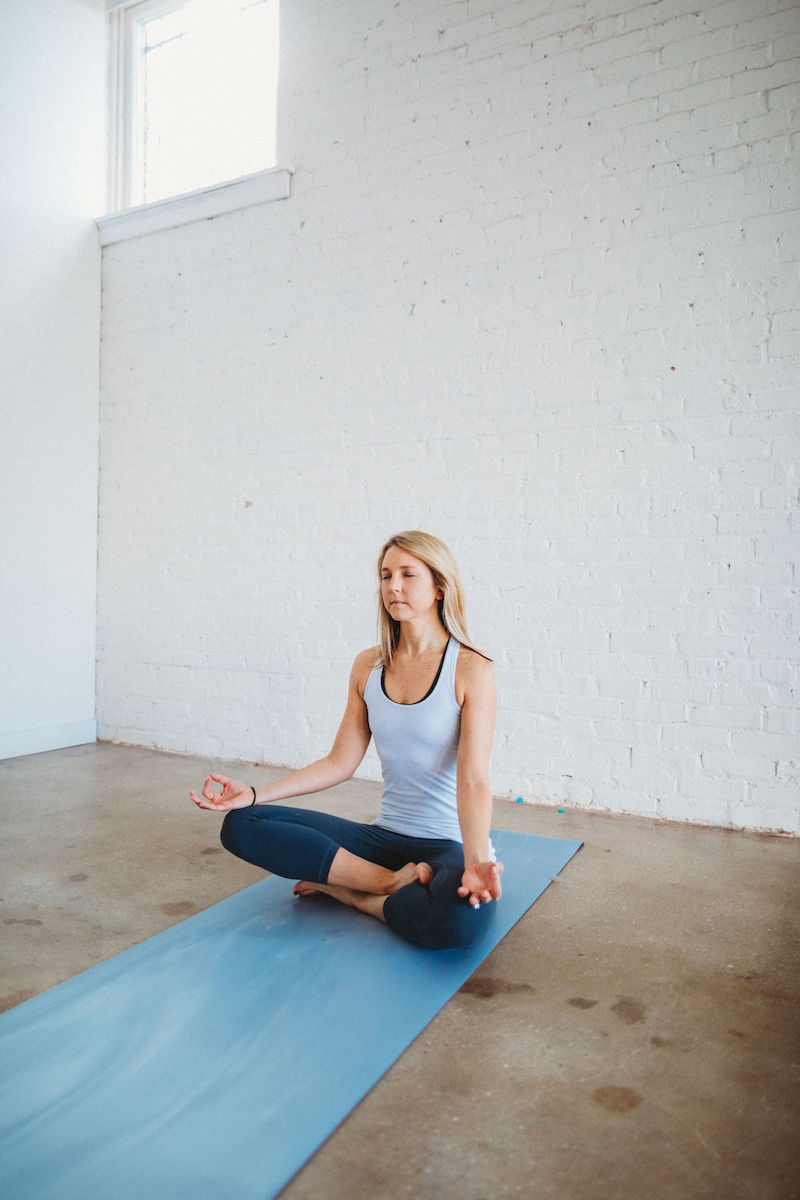In today’s society chances are you are experiencing some sort of stress. How are you dealing with this emotional trauma? Have you ever considered breathwork? Breathwork supports your nervous system, which enables you to manage stress in a healthier way. It can also offer a sense of peace, clarity and gratitude. If you are working through any type of trauma or emotional blocks, breathwork can be a great solution. It’s also been known to help with:
- Anxiety
- Depression
- Grief
- Anger
- Fear
A breathing practice is also known as deep breathing and diaphragmatic breathing. Research describes breathwork as an excellent and efficient form of integrative body and mind training. It is ideal for dealing with stress and psychosomatic conditions. With the contraction of the diaphragm and the expansion of the belly the deep inhalations and exhalation help to decrease the respiration frequency while maximizing the amount of blood gases.
Breathwork expert Vaughn Pierro and founder of Vaughnpierro.com says, “So often, we go about our day on autopilot but when do we remember to take a deep breath? Firstly, it will bring you into the moment. You start thinking about your breath right then there and not all the floating around in your head. Secondly, it helps calm your nervous system to alleviate stress and anxiety.”
While it may sound easy, honing in on this practice takes time and awareness. It is recommended you should be doing these exercises anywhere from 5 to 10 minutes, three to four times a day. Diaphragmatic breathing helps you to relax by lowering the harmful effects of stress on your body. It also helps to lower your blood pressure and heart rate. With consistency it will begin to feel more natural and easier.
Joanie Johnson Rubin, founder at Strong Mom Society, feels that breath is so essential in life. As a Pre and Postnatal Corrective Exercise Specialist, she strongly believes in the power of this exercise. “Breathwork is the number one foundation needed to properly rebuild your core and pelvic floor. I instruct my clients to incorporate proper diaphragmatic breathing into all of their daily activities. I teach the mantra, “Blow before you go” when picking up a baby, lifting groceries, getting up off the floor, opening a heavy door, etc.” Rubin says that by connecting the practice to the mantra it reminds them to inhale using their diaphragm and then to actively engage their inner core as they exhale through a task. Rubin adds that clients start using this breathwork daily because they see the benefits of performing daily tasks with more strength and less pain.
It is clear that breathwork has a number of benefits for the mind and body. If you are looking for a more holistic approach for dealing with stress this practice is worth considering. Not sure which style of breath works best for you? Click here!










